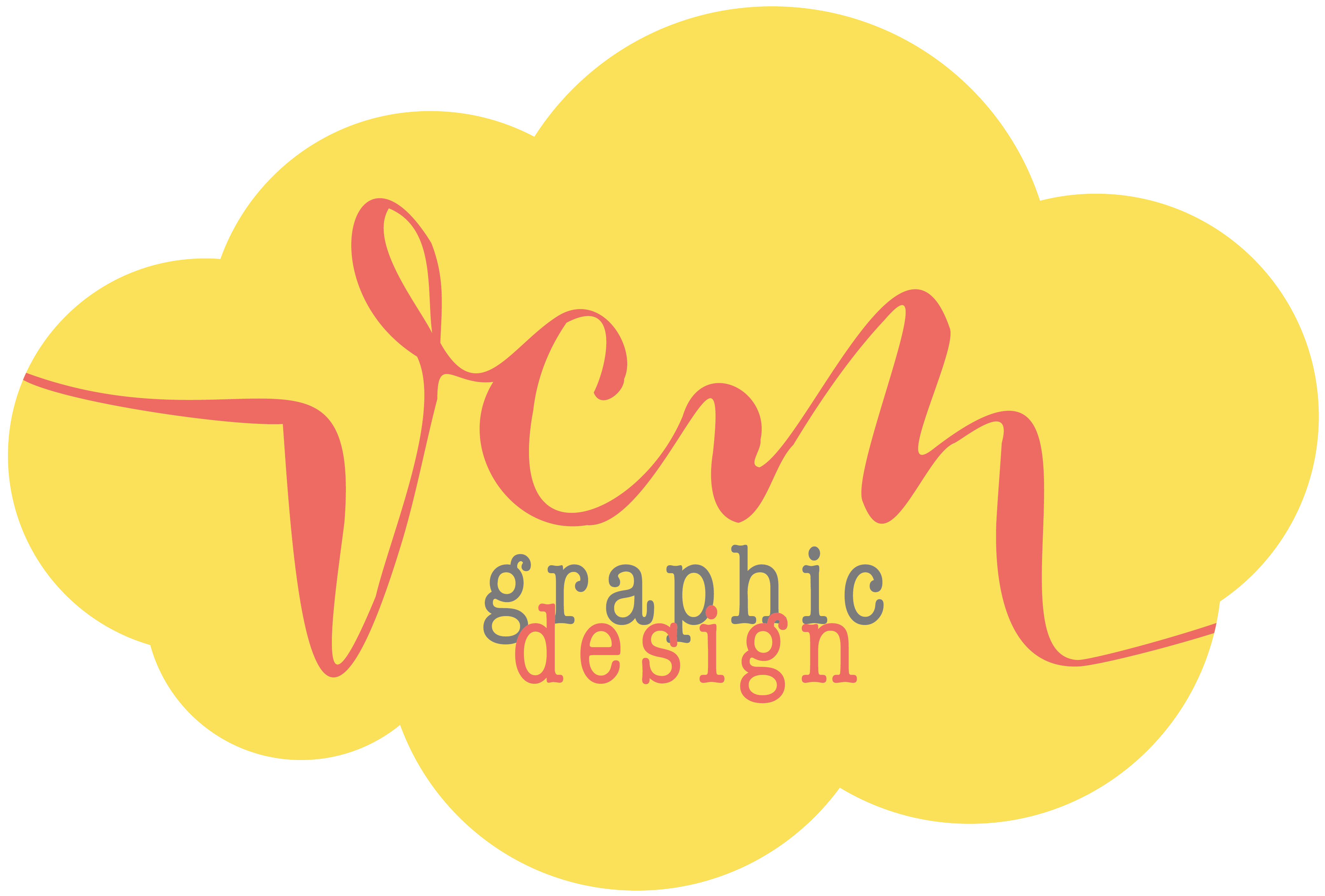
WELCOME TO
MOTUS VETERINARY PHYSIOTHERAPY
"Maintaining movement and Improving quality of life"
About Motus Veterinary Physiotherapy
Motus Veterinary Physiotherapy is owned and run by Veterinary Physiotherapist, Cara Murray BSc(hons), fully insured and registered with the National Association of Veterinary Physiotherapists (NAVP). MotusVP provides a mobile service for canine and equine Veterinary Physiotherapy based in the North west of England covering areas of Greater Manchester, Cheshire and Lancashire.
Having been surrounded by animals from an early age I have had a passion for animal health and welfare, building an interest to work within the veterinary industry through work experience in veterinary practices, volunteering at animal shelters, and yards. I developed a keen interest within rehabilitation, complementary therapies and the benefit of providing education to owners to gain the best outcome in their animals health and welfare.
Since then I have achieved a BSc(hons) in Veterinary Physiotherapy completing clinical hours within my university degree and spending my spare time shadowing other Veterinary Physiotherapists and Hydrotherapists.
Trust us for compassionate and effective animal rehabilitation. Contact us today for professional Veterinary Physiotherapy services in Manchester.
What is Veterinary Physiotherapy?
Veterinary Physiotherapy is a science-based profession which uses a holistic approach to treat an individual animal. It is non-invasive treatment method tailored to aid musculoskeletal and neurological conditions. Veterinary Physiotherapy can help pre or post surgery conditions, provide support to senior animals and conditioning to competition animals.
Our main aims are to alleviate pain, accelerate healing, restore optimal function, enhance sensory awareness, maintain and improve muscle and joint function, whilst preventing injury.
Veterinary Physiotherapists will work closely with your Veterinary Surgeon to maintain a high level of care throughout your animals treatment, in addition we may also work alongside other professionals to provide an optimal level of care.
Veterinary referral or consent is required from your Veterinary Surgeon prior to your appointment. Forms will be sent via email upon phone or email enquiry.
Signs Your Animal May Benefit from Veterinary Physiotherapy
Canine
-
Reluctance to go up and down stairs/In and out of the car
-
Reluctance to sit or stand
-
Decreased motivation, slow movement
-
Sensitive to touch
-
Behavioural changes
-
Weight shifting
-
Stiffness
-
Lameness
-
Alternations in gait
Equine
-
Uneven muscle tone
-
Lack of top-line
-
Behavioural changes
-
Sensitive to touch
-
Stiffness
-
Toe dragging
-
Change in performance
-
Poor transitions
-
Lameness
-
Alterations in gait
Contact us to discuss if you think your animal may need Veterinary Physiotherapy
Common Conditions
Common Canine Conditions
-
Osteoarthritis
-
Wound healing
-
Hip dysplasia
-
Elbow dysplasia
-
Cruciate ligament injuries
-
Neurological conditions
-
Soft tissue injuries
-
Muscle strains
-
Muscle imbalance
-
Nerve injury
-
Fractures
Common Equine Conditions
-
Osteoarthritis
-
Tendon/ligament injury
-
Kissing spines
-
Sacroiliac disease
-
Neurological conditions
-
Nerve injury
-
Muscle imbalance
-
Soft tissue injury
-
Muscle strains
-
Fractures
-
Poor posture
-
Wound healing

SERVICES AND TREATMENTS
Initial Consultation
In an initial consultation clinical history will be taken alongside clinical history obtained by your Veterinary Surgeon. Information such as home environment, daily routine, exercise level, medication and reason for referral will be taken and discussed.
From this, a static assessment and gait analysis will be carried out, which allows us to look at your animals movement at a walk, trot and circles, therefore a handler will be required to be present. Lunging or ridden assessment may be required for horses.
A palpation assessment will be carried out which allows assessment of tissues and joints to identify any areas of pain, heat, swelling or change in muscle tone, and to detect any muscle or joint range of motion imbalances.
Following assessment treatment aims will be created and carried out. Dependant on your animals needs, a range of modalities may be used and treatment may differ between sessions. A exercise plan will be created and I will demonstrated the excersises before your session ends.
Manual Therapy
Within a session manual therapy may be carried out if deemed appropriate for your animal.
Manual therapy consists of;
-
Massage
-
Stretching
-
Mobilisations
Massage helps to enhance blood flow and encourage the removal of toxins. It helps to reduce soreness in muscles and stimulate areas of low tone.
Stretching and joint mobilisations can also be applied to aid flexibility.
Electrotherapy's and Thermal therapy
Electrotherapy's and thermal therapy can be utilised during a treatment session.
-
Pulsed Magnetic Field Therapy
-
Hot and Cold therapy
Remedial Exercise Plan
A tailored exercise plan will be given to enhance Veterinary Physiotherapy treatment. All exercises will be demonstrated and discussed on appointment.
Alongside this, home management will be discussed regarding your animals environment and any additional changes that can be made in order to achieve the best outcome for recovery, post injury or chronic conditions.
CONTACT
US
07985 925 134
Monday - Friday 8:00 - 20:00
Saturday 8:00 - 20:00

